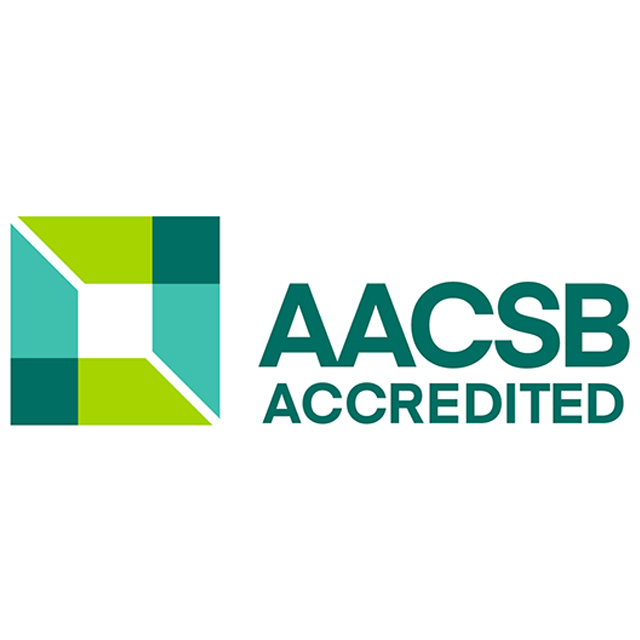Flex MBA
At the Palumbo-Donahue School of Business, we're redefining the MBA experience to meet the evolving demands of today's professionals.
Our newly reimagined 33-credit Flex MBA degree allows you to tailor your education to achieve your bigger goals. The program combines 18 credits of required Core courses, 6 credits of required Electives, and 9 credits of specialized Certificate coursework. Certificate coursework allows you to specialize in Analytics and Information Management, Entrepreneurship, Executive Leadership, Finance, or Supply Chain Management.
Flexible Course Formats for Working Professionals
The new Flex MBA program offers students a seamless path to dual credentials – an MBA degree and a specialized Certificate. All courses are available online and in hybrid formats. Students will work closely with their Student Success Coach to make informed choices that work best for the schedule and career goals.
Course Formats
- Core Courses: Available online and hybrid every term (fall, spring, summer)
- Elective Courses: Offered online and hybrid two terms per year
- Certificate Courses: Available online and/or hybrid one or two terms per year
Course Delivery
- Online courses are offered asynchronously (work at your own pace with deadlines, no set class times)
- Hybrid courses meet on campus roughly every other week in the evening with asynchronous coursework on the alternating weeks.
- MGMT-599 Strategic Management Capstone requires students to attend an in-person kick-off meeting with hybrid and synchronous online classes
With the Flex MBA, you’ll gain the skills, leadership experience, and professional network needed to accelerate your career—on a schedule that works for you.
Program Information
The 33-credit Flex MBA is comprised of 18 credits of required Core courses, 6 credits of required Electives, and 9 credits of Certificate coursework. You can tailor your education by selecting from certificates in Analytics and Information Management, Entrepreneurship, Executive Leadership, Finance, and Supply Chain Management in addition to your MBA.
MORE IN THIS PROGRAM
Curriculum: Required Core and Elective Courses
Certificate Options
Key Features of the Flex MBA:
Customized Curriculum: Elective courses and embedded certificates at no additional cost allow students to tailor their education.
Online Resource Modules: Ungraded modules are available to students to strengthen their skills in accounting, economics, finance, and statistics.
Accelerated Completion: A streamlined 33-credit structure enables students to finish in as few as four semesters.
Industry-Relevant Learning: Courses emphasize real-world applications with executive guest speakers, case studies, and hands-on business scenarios.
Enhanced Career Support: Students gain access to career workshops, networking events, and professional development resources.
Accreditation
The Association to Advance Collegiate Schools of Business (AACSB) awarded Duquesne's undergraduate and graduate Schools of Business its full accreditation. The AACSB accreditation is recognized as a global mark of distinction. Less than 6 percent of the world's more than 1,200 business schools have passed the rigorous review necessary to earn the honor.



